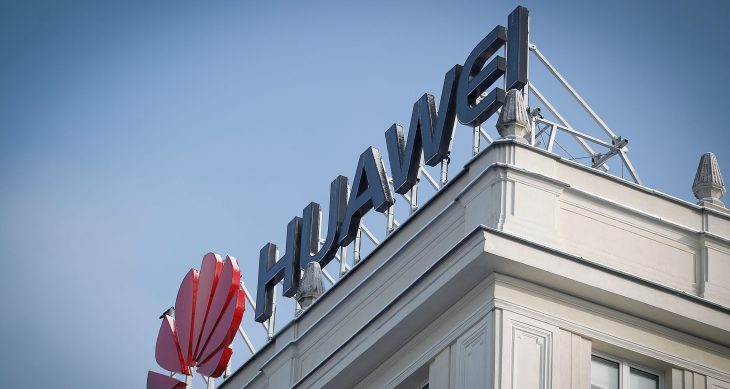After a temporary ban, the Institute of Electrical and Electronics Engineers, commonly known as the IEEE, announced on Monday it has lifted curbs on editors and peer-reviewers that work for Huawei and the Chinese firm’s affiliates.
The reversal is yet another example of the regulatory murkiness in the U.S.-China trade negotiations. In response to the U.S.’s order to bar American companies from conducting businesses with Huawei without government approval, the New York-based scientists’ association last week restricted Huawei and affiliated firms from its peer-review process.
The IEEE said then that the ban should have a “minimal impact” on its members around the world and assured that Huawei was still allowed to submit papers, attend IEEE-hosted conferences and participated in other activities that are open to the public.
The IEEE said it’s revoked the ban on Huawei after consulting the U.S. Department of Commerce on whether the export control restrictions apply to its own publication activities. The association did not provide further details on the exemption, but the move seems consistent with the temporary reprieve that Huawei received from the Commerce Department, as Eurasia Group’s head of geo-technology Paul Triolo pointed out:
Here’s the rule detailing the exemption from the Bureau of Industry and Security, which is an agency of the Department of Commerce:
4. Engagement as Necessary for Development of 5G Standards by a Duly Recognized Standards Body: BIS authorizes, subject to other provisions of the EAR, engagement with Huawei and/or the sixty-eight non-U.S. affiliates as necessary for the development of 5G standards as part of a duly recognized international standards body (e.g., IEEE—Institute of Electrical and Electronics Engineers; IETF—internet Engineering Task Force; ISO—International Organization for Standards; ITU—International Telecommunications Union; ETSI- European Telecommunications Standards Institute; 3GPP—3rd Generation Partnership Project; TIA—Telecommunications Industry Association; and GSMA, a.k.a., GSM Association, Global System for Mobile Communications).
“Our initial, more restrictive approach was motivated solely by our desire to protect our volunteers and our members from legal risk. With the clarification received, this risk has been addressed,” the IEEE said in a statement.
The curbs, though short-lived, has sparked a major backlash in the global academic community, with professors from top-tier universities like Zhang Haixia at Peking University resigning from the IEEE boards in protest of the ban.
